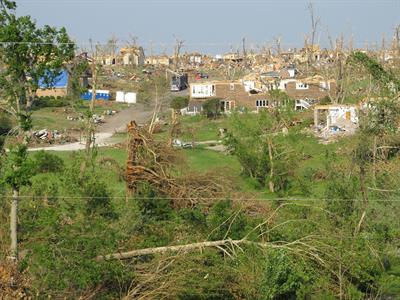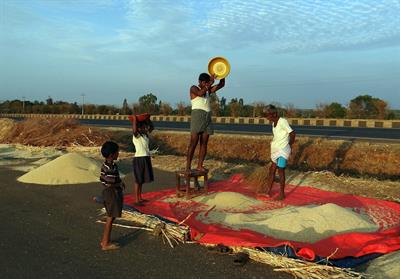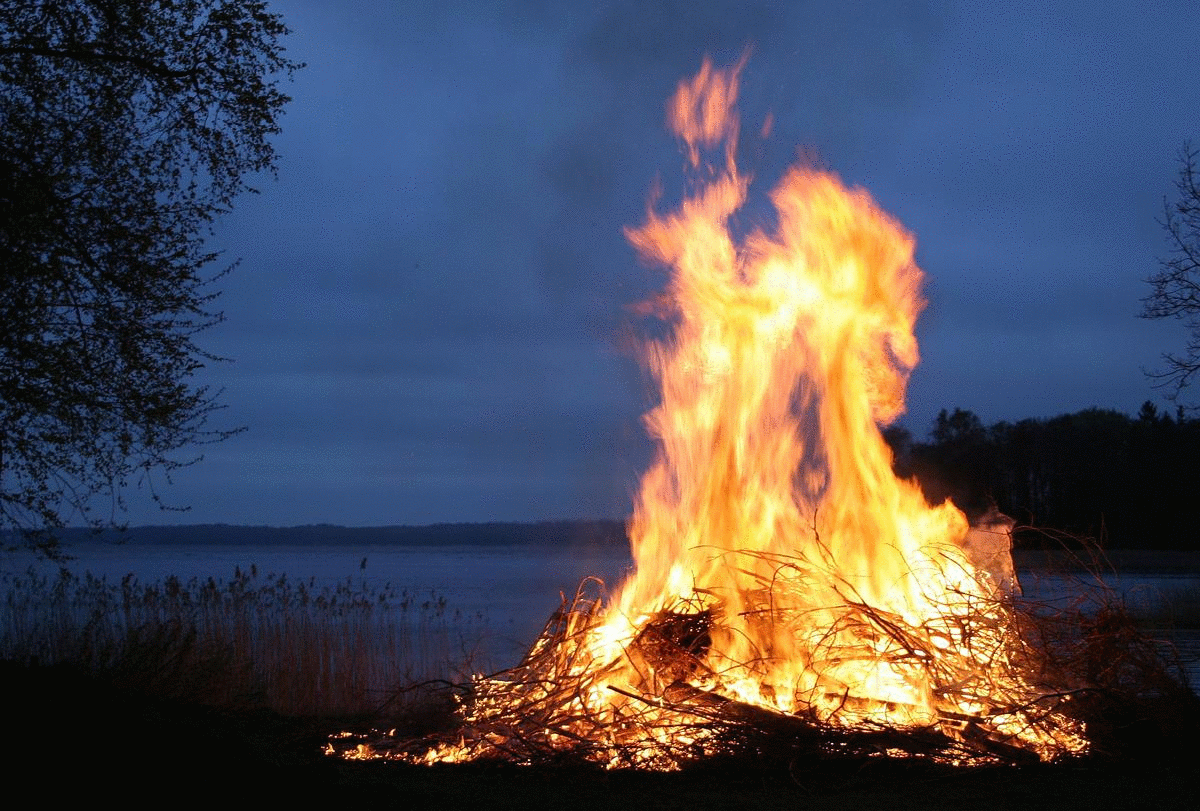PDF chapter test TRY NOW
The poet asks the wind to come down softly. He authoritatively tells the wind:
- Not to break the panels of the windows.
- Not to throw the papers randomly.
- Not to push down the books from the shelves.

Wind, come softly!
But the wind did not listen. What did the wind do?
- It threw everything down.
- Tore the pages of the book.
- Brought rain again.

There, look what you did — you threw them all down!
The poet says the wind is cleverly teasing the weak people and objects. He does not intend to praise the wind, but he says the wind can only make fun of the weak. Wind cannot move strong people or objects. The wind is making fun of weak things that are about to break and fall apart.
- houses
- doors
- beams in the internal side of the roof
- wood
- lives of people
- finally trying to crumble the hearts of people also, due to the devastation.

The wind god winnows and crushes them all!
The wind god is trying to crush them by blowing air. Like how grains are filtered/winnowed for chaff, the wind god seemed to blow off all the weaklings like chaff! He says the wind has strength only against the weak, faint objects and people.
Winnowing refers to the process of blowing air through grains to remove the husks or chaff. The poet says the wind god winnows people and separates the weaklings from the strong people.

Winnowing process...
The poet calls wind God as it symbolises power. The poet wants people to be strong to face obstacles in our life. He repeats the words 'crumbling' to bring out the fact that it only crushes weak ones and not the strong ones. The poet indirectly conveys that if we stand against obstacles in life, we will succeed in our lives.
The poet had written the lines during the pre-independence era when the British were ruling India. The British also followed a similar practice of crushing down the weak. It was only after the Indians strengthened themselves that India got its freedom from the British rule's clutches.

Let’s joint the doors firmly; Practise to firm the body!
Since Bharati wrote this poem during the pre-independence era, it was also a call-out to reinforce themselves to fight the British more strictly. It may also mean building ourselves stronger mentally and physically to face hurdles and problems and succeed in life.
The wind can stand only against a weak fire. For example, wind can put out the candle fire. But it cannot put off a wildfire because it is much bigger and stronger than the candle fire.

The wind blows out weak fires!
The wind makes the strong fire blaze higher and more intensely. Similarly, if we are strong, the barriers will make us stronger. If we are weak, the problems and hurdles in our life will put us off.

He makes strong fires roar and flourish.
Thus if you are strong, the wind can be your friend. We can appreciate his friendship every day. Without wind, life forms cannot survive on this earth. It is one of the most important elements like fire, water, etc. The poet also asks us to be strong and determined so that nothing can defeat us.
Reference:
National Council of Educational Research and Training (2006). Beehive. Wind - A.K.Ramanujan (pp. 30-31). Published at the Publication Division by the Secretary, National Council of Educational Research and Training, Sri Aurobindo Marg, New Delhi.
